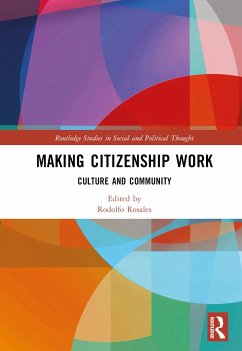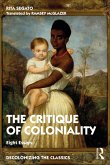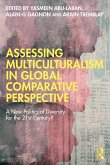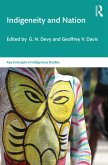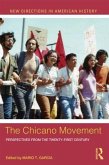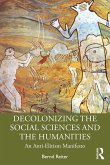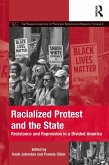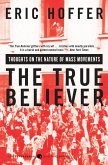Making Citizenship Work seeks to address questions of how a community reaches a place where it can actually make citizenship work. A second question addressed is "What does citizenship represent to different communities?"
Across thirteen chapters a collection of experts traverse multiple disciplines in analyzing citizenship from different points of access. Each chapter revolves around the premise that empowerment of communities, and individuals within the community, comes in different forms and is governed by multiple needs and visions. Authors utilize case studies to demonstrate the different roles that communities from a broad sector of our society adopt to accomplish constructing democratic processes that reflect their goals, needs, and cultures. Concurrently authors address the structural obstacles to the empowerment of communities, arguing that the democratic process does not and cannot accommodate the diverse communities of society within a single universalisticmodel of citizenship. They conclude that fundamentally citizenship is not simply a legal right, an obligation, a state of rights, but a practice, an action on the behalf of community.
Making Citizenship Work challenges conventional thinking about politics while also encouraging readers to go beyond the box that deters us from visualizing a human society. It is an ideal book for undergraduate and graduate courses in political science, sociology, history, social work and Ethnic Studies.
Across thirteen chapters a collection of experts traverse multiple disciplines in analyzing citizenship from different points of access. Each chapter revolves around the premise that empowerment of communities, and individuals within the community, comes in different forms and is governed by multiple needs and visions. Authors utilize case studies to demonstrate the different roles that communities from a broad sector of our society adopt to accomplish constructing democratic processes that reflect their goals, needs, and cultures. Concurrently authors address the structural obstacles to the empowerment of communities, arguing that the democratic process does not and cannot accommodate the diverse communities of society within a single universalisticmodel of citizenship. They conclude that fundamentally citizenship is not simply a legal right, an obligation, a state of rights, but a practice, an action on the behalf of community.
Making Citizenship Work challenges conventional thinking about politics while also encouraging readers to go beyond the box that deters us from visualizing a human society. It is an ideal book for undergraduate and graduate courses in political science, sociology, history, social work and Ethnic Studies.
"This important collection of alternative interpretations of political membership addresses urgent and timely issues today, from excessive police force to the marginalization of indigenous peoples, recently brought to the fore with the Dakota Pipeline protests. Each chapter not only employs an intersectional approach but challenges conventional work on the subject of "citizenship" and the important link between market and political inclusion/exclusion. The very different approaches by each author to understanding how community is built and democracy enacted are a wonderful model of interdisciplinarity and creative vision. I highly recommend this book."
Katy Arnold, Director, Refugee and Forced Migration Studies, DePaul University
"Rosales offers a unique and original collection of essays on one of the most important topics of our time-the nature of citizenship to culture democracy and social and political inclusion. The authors herein discuss the important ways in which the notion of citizenship as changed and the imperative that it must be accessible for all members of society."
Louis Mendoza, Professor of Literature and Cultural Studies, Arizona State University
Katy Arnold, Director, Refugee and Forced Migration Studies, DePaul University
"Rosales offers a unique and original collection of essays on one of the most important topics of our time-the nature of citizenship to culture democracy and social and political inclusion. The authors herein discuss the important ways in which the notion of citizenship as changed and the imperative that it must be accessible for all members of society."
Louis Mendoza, Professor of Literature and Cultural Studies, Arizona State University

